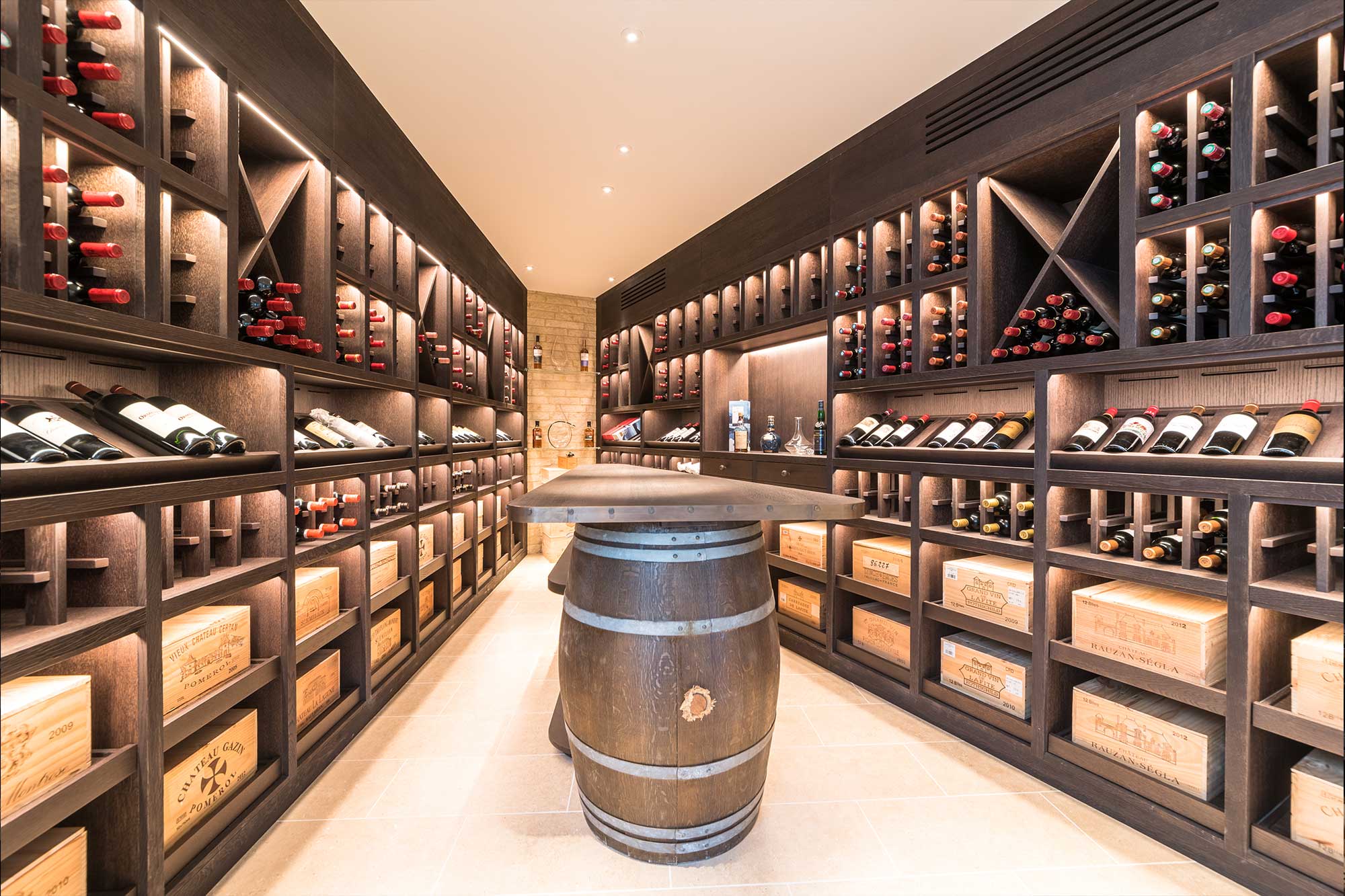Temperature plays a pivotal role in the ageing and preservation of wine cellar chelsea. Fluctuations in temperature can accelerate chemicalreactions within the wine, leading to premature ageing or deterioration of its flavours.
Factors Affecting Wine Storage
Temperature
The primary factor in wine cellar chelsea influencing wine storage, temperature, directly impacts the rate of chemical reactions and microbial activity within the bottle.
Humidity
Humidity levels in the cellar are crucial for keeping corks moist and preventing oxidation.
Light
Exposure to UV light can degrade wine, leading to unpleasant aromas and flavors.
Stability
Maintaining a stable environment is essential for preserving wine quality over time.

The Role of Temperature in Wine Aging
Chemical Reactions
Temperature affects the speed at which chemical reactions occur, influencing how flavors develop in wine.
Flavor Development
Optimal temperatures allow for gradual flavor development, resulting in a more balanced and complex wine.
Preservation
Consistent, cool temperatures help slow down aging processes, preserving the wine’s integrity for longer periods.
Optimal Temperature Range for Wine Storage
Red Wines
Ideal storage temperature for red wines typically ranges between 55°F to 65°F (12°C to 18°C).
White Wines
White wines are best stored at slightly cooler temperatures, around 49°F to 55°F (9°C to 13°C).
Sparkling Wines
Sparkling wines, including Champagne, thrive in cooler conditions, ideally between 40°F to 50°F (4°C to 10°C).
Fortified Wines
Fortified wines, such as Port or Sherry, benefit from stable temperatures around 55°F to 68°F (13°C to 20°C).
Importance of Consistency in Cellar Temperature
Maintaining a consistent temperature is crucial for preventing fluctuations that can disrupt wine maturation.
Common Mistakes in Wine Storage Temperature
Fluctuations
Temperature fluctuations, even within the optimal range, can negatively impact wine quality.
Extreme Temperatures
Exposure to extreme heat or cold can cause irreversible damage to wine.
Ignoring Wine Type
Different wine types have unique temperature requirements, necessitating tailored storage conditions.
Tools for Monitoring Cellar Temperature
Thermometers
Digital or analog thermometers provide accurate readings of cellar temperature.
Wine Fridges
Dedicated wine refrigerators offer precise temperature control for optimal storage conditions.
Smart Sensors
Smart sensors allow remote monitoring of cellar temperature, providing real-time alerts for any fluctuations.
Tips for Maintaining Ideal Wine Storage Temperature
Insulation
Proper insulation helps regulate cellar temperature and prevents external influences.
Proper Ventilation
Good ventilation ensures air circulation, preventing stagnant pockets of warm or cold air.
Avoiding Heat Sources
Keep wine away from heat sources such as radiators or direct sunlight, which can raise cellar temperature.
Adapting to Different Climatic Conditions
Consider climate variations when designing or choosing a wine storage space to mitigate external temperature impacts.
Adjusting Cellar Temperature for Serving
Before serving, adjust wine temperature according to varietal recommendations for optimal enjoyment.